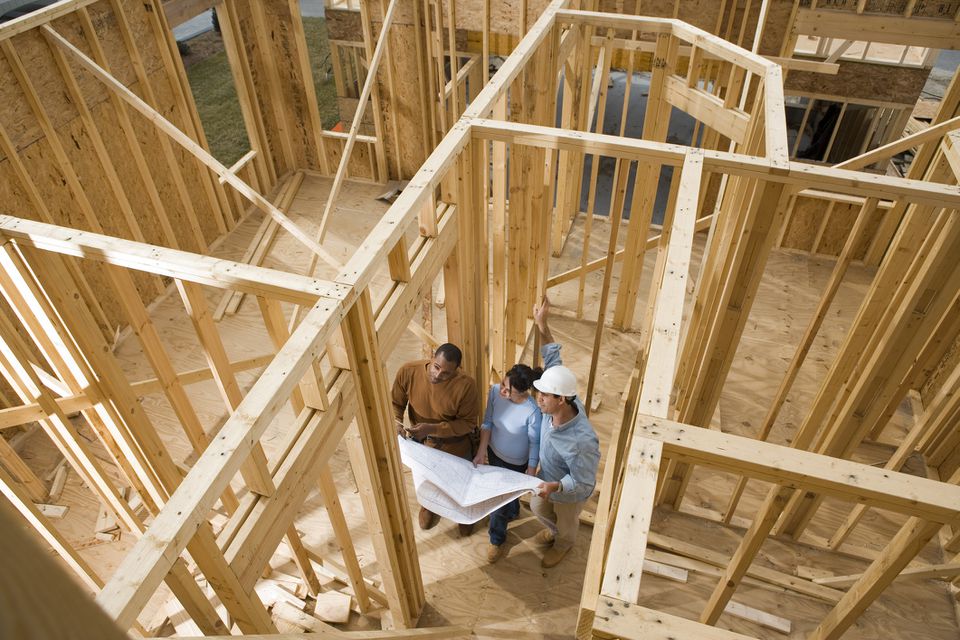Building a house is fun and exciting, but it can also be challenging and stressful. The budget is one of the biggest issues homeowners encounter. More specifically, people find it hard to stay within the constraints of a tight budget. But this doesn’t have to be your story.
4 Ways to Avoid Blowing Your Budget
If you were to gather even a small sample of households who’ve built homes over the past few years, you’d find most of them say similar things.
“We went over budget by at least 10 percent.”
“We surpassed our budget before the finishes were even put in.”
“I ended up spending 15 percent more than I wanted to – and that was after compromising on some items.”
For the average person, following a home building budget can be difficult. And if you don’t have a plan in place for how you’re going to manage, monitor, and optimize your budget as you go, you’ll end up overpaying nearly every time.
Thankfully there are ways to avoid the same fate that befalls so many. Here’s a recommended course of action created by a leading Townsville home builder:
- Go Through Bids Carefully
You need at least two bids when building a house – and preferably three. And once you zero in on the bid you think you want to use, it’s imperative that you go through it with a fine-tooth comb.
Be smart about how the bid is structured. This means carefully analyzing which costs are fixed (thereby insulating you from unforeseen overages), which allowances go where, and how much various items are influencing the budget. Builders have thousands of decisions to make and often need to make assumptions to streamline the bid process. You might find that you want to modify certain aspects. The sooner you address these desires, the more accurate the bid becomes.
- Hire the Right Builder
Your number one priority – at least early on – is to select the right builder. In doing so, you’ll find that the entire process is much smoother and less challenging. A good builder will also take your budget seriously and work with you to stay within the constraints.
It’s important to note that the right builder isn’t always the cheapest builder. In fact, he’s rarely the cheapest option (up front). But what you’ll find is that, over time, a good builder is significantly more cost-effective. He does things right the first time, respects the budget, and leaves you with a higher quality end result that needs less maintenance and fewer fixes over the first few years.
- Think Strategically About Floor Plan
When it comes to lowering costs and staying within budget, you can pull a bunch of levers and push a variety of buttons. However, one of the most effective options is to build a smaller house with better quality.
One of the biggest benefits to building a smaller home is that you save money on things like windows, doors, and materials. As a result, you’re able to invest in higher quality choices for the things you do need.
Likewise, it’s helpful to opt for an open footprint. This cuts down on the amount of walls and doors needed. It also speeds up the process of doing things like flooring, painting, trim work, etc. All of these little savings come in handy when you’re attempting to adhere to a strict budget.
- Build a Cushion Into the Budget
The final piece of advice is to build a cash cushion into your budget from the start.
As those who’ve been through the process before will tell you, it’s smart to account for at least 10 to 15 percent in unforeseen expenses. If think your home build will cost you $450,000, it’s safe to assume it’ll actually cost somewhere between $495,000 and $517,500. (If you’re able to avoid these unforeseen expenses, it just means more cash in your pocket!)
Don’t Fall Asleep at the Wheel
It doesn’t matter how good your builder is or how many promises he’s made, you have to stay engaged and connected throughout the process to ensure that everything is on track and progressing to the desired end result.
This doesn’t have to look like micromanaging the process. You should, however, be close enough that you can make suggestions and changes as they’re happening. That’s the key to keeping your build within budget.

Leave a Reply